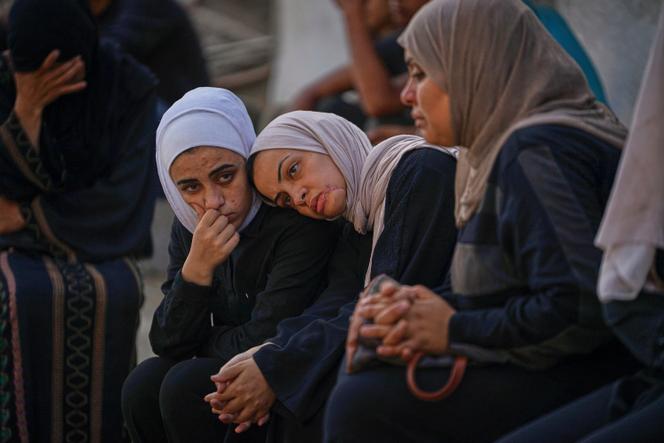


How can pressure be exerted on Israel to halt its military operations in the Gaza Strip and allow humanitarian aid to reach the two million starving inhabitants of the territory? While Israel's swift war against Iran, with the backing of the United States, overshadowed the fate of Palestinians for about 12 days, the issue returned to the agenda on Thursday, June 26, at the European Council summit in Brussels.
As has been the case for the past 20 months, Europe remains divided. Not over their assessment of the catastrophic humanitarian situation on the ground, which all deplore, nor over the need for Hamas to release the remaining Israeli hostages as soon as possible. But rather, on the method and degree of political pressure they should use to compel Israel to end its deadly strikes and destruction, and to restore a safe and neutral humanitarian aid distribution system.
On May 20, after 11 weeks of humanitarian blockade in the Palestinian enclave, the European Union, for the first time in 18 months of conflict, raised its tone against Israel. A majority of member states, including France, asked EU Foreign Minister Kaja Kallas to review the Association Agreement between the EU and Israel, to check whether Israel was complying with Article 2 of the treaty, which stipulates that both parties must respect human rights.
You have 73.1% of this article left to read. The rest is for subscribers only.
